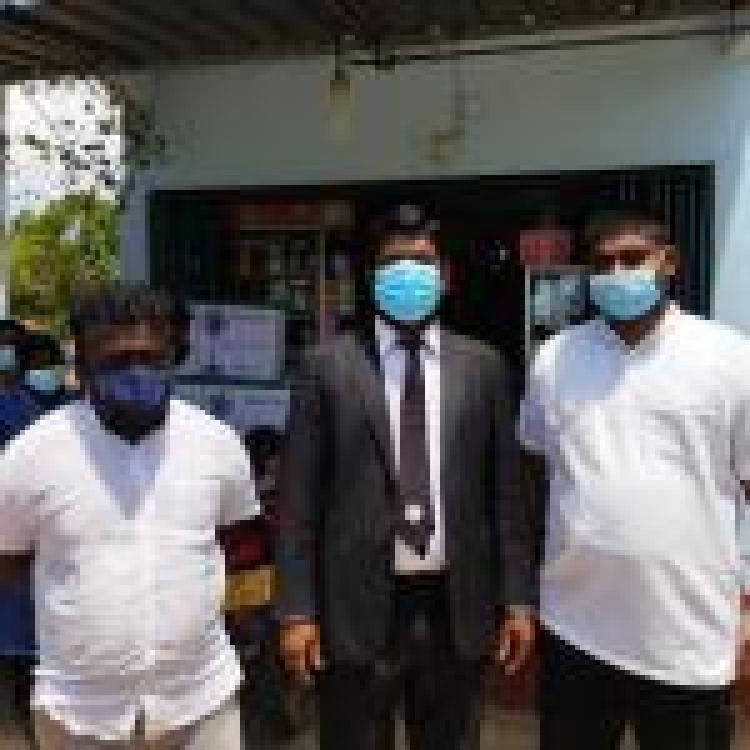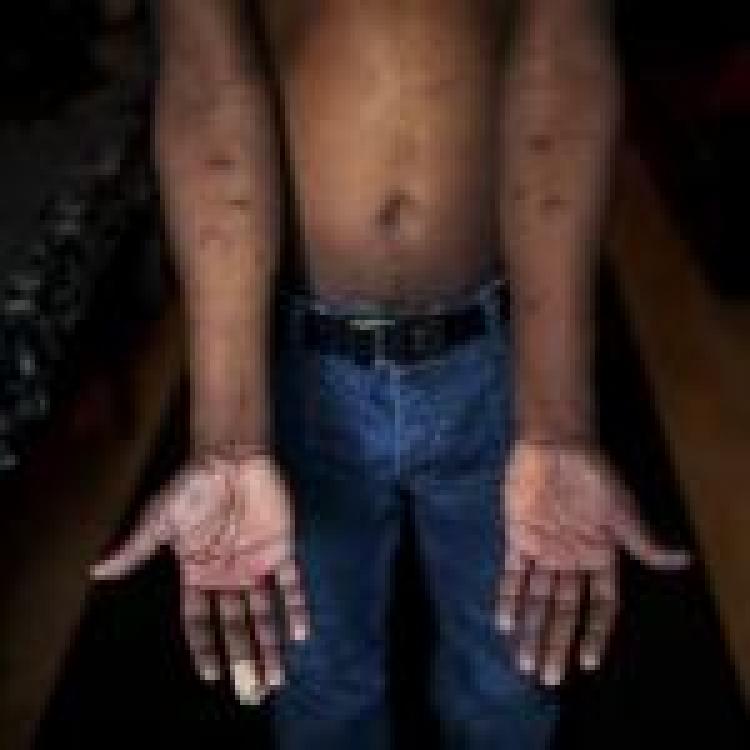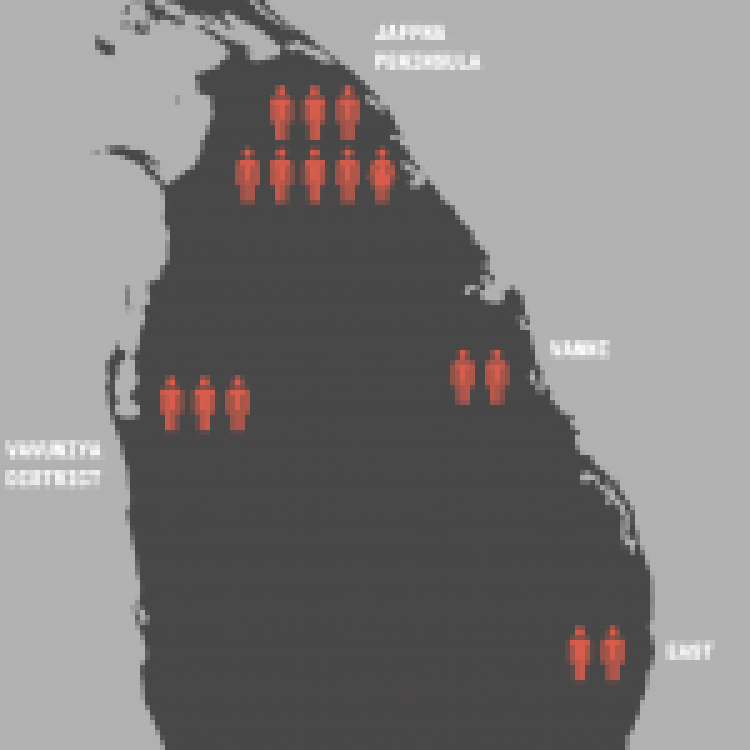The International Cricket Council has announced that Sri Lanka will co-host the 2026 Men's Twenty20 World Cup with India, despite growing alarm over the island's dire human rights record and growing authoritarianism.
The decision comes as Tamil families of the disappeared in the North-East are still protesting over the whereabouts of their loved ones, whilst the Sri Lankan state has continued to refuse to engage in any international justice or accountability mechanisms. Sri Lankan President Gotabaya Rajapaksa has further appointed extremist Buddhist monk, Galagodaaththe Gnanasara, to head a controversial task force focused on achieving “One Country One Law”.
Gnanasara was previously convicted over threats made to a disappearances activist and is notorious for his hate speech.
Tamil activists have decried the decision highlighting the ongoing and systemic use of torture and abductions by Sri Lanka's security forces against Tamils.
"Sri Lanka should be brought before the International Criminal Court for genocide, not welcomed by the International Cricket Council," a Tamil activist told Tamil Guardian.
In June executive director of the International Truth and Justice Project, Yasmin Sooka, slammed Sri Lanka for its dire human rights record noting:
“Sri Lanka has become a world leader in torture, with more than a thousand victims having fled abroad since the end of the war, with the most recent case documented occurring in November 2020”.
“Sri Lanka is as well known for torture as it is for cricket. It’s time the whole country fully acknowledges the decades of systematic torture and abuse and stops cheering on the security forces. The victims deserve justice now”, she added.
In September the ITJP detailed the abduction and torture of 15 Tamils by Sri Lanka's security forces. These abductions occurred since Gotabaya Rajapaksa took office as Sri Lanka's president in 2019.
Read more here: UK expresses concern over torture and sexual violence in Sri Lanka
In February 2020, the English cricket team faced intense backlash for their controversial tour of Sri Lanka with British Tamil activists flooding their social media accounts with comments shedding light on Sri Lanka's appalling human rights record.
“This regime oversaw the slaughter of tens of thousands and is the most outwardly chauvinistic in decades,” an activist told the Tamil Guardian.
The call to boycott Sri Lanka has a history going back decades, when Tamil activists in the 1970s and 80s would protest outside stadiums and stage pitch invasions as Sri Lanka played in England, as part of long-standing campaigns for justice and accountability.
Read more here.






